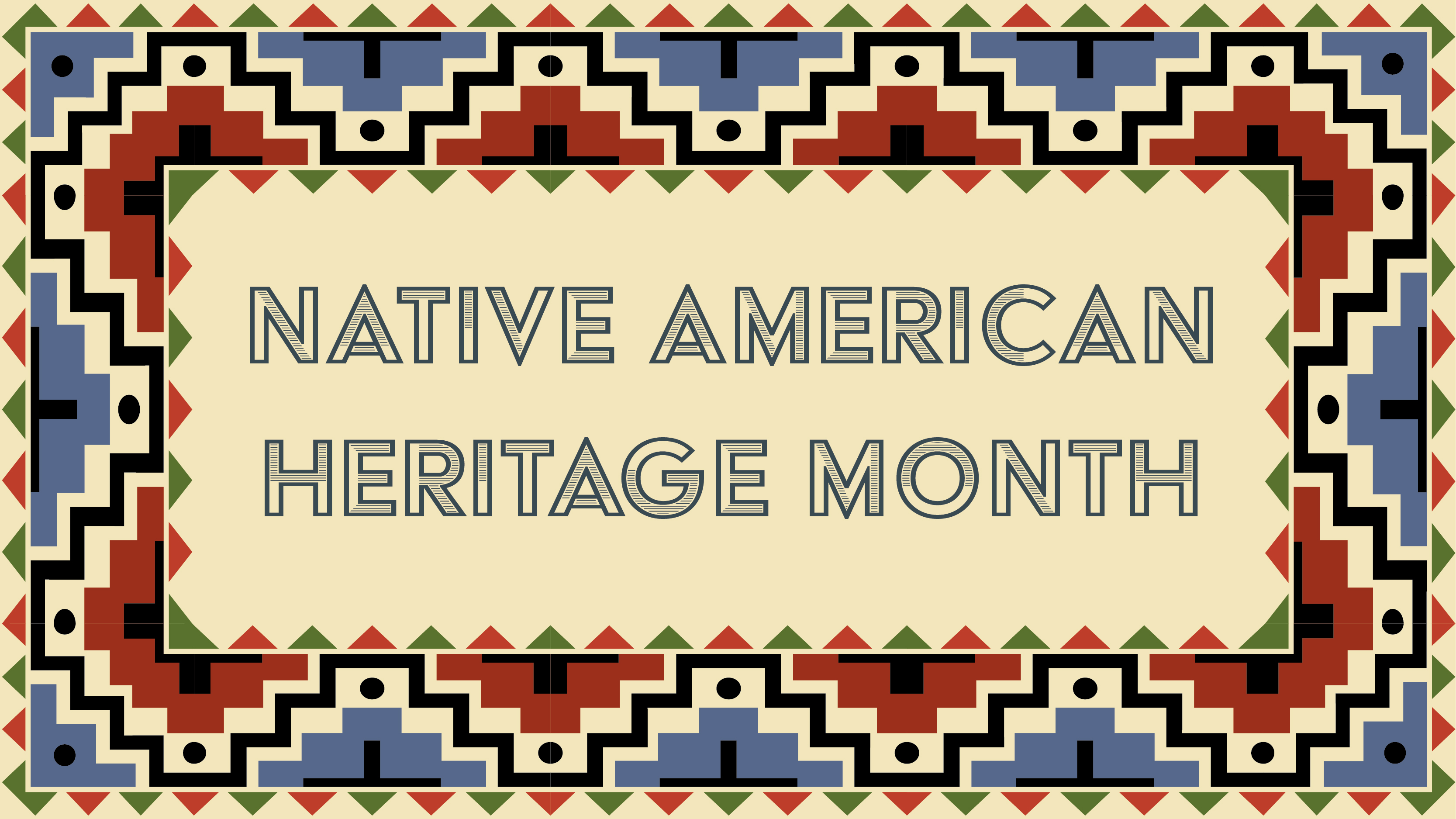By Lindsey Becker
lmbecker@lc.edu
November is Native American Heritage Month, and on Tuesday, Nov. 17, Lewis and Clark Community College’s Diversity Council brought students an opportunity to learn more about Native American culture. In past years, the Diversity Council has brought a speaker on board for Native American Heritage Month, and the event persevered this year despite COVID restrictions.
“We’ve always had a Native American history presenter, and so, this year is no different, even though we are all being faced with the pandemic. We wanted to continue that presentation and that opportunity of information for our students,” said Student Activities coordinator, Jared Hennings.
This year’s presenter was Dr. Jason King, the executive director of the Center of American Archaeology (CAA) in Kampsville, Ill. Dr. King has overseen field work and excavations for the CAA, focusing mainly on mound building and mortuary practices.
“If you haven’t seen a mound before, or haven’t looked into what they are, they aren’t just big piles of soil. They’re rather complex architecture in which ancient people, during the woodlands time, buried their dead,” said Dr. King.
Dr. King’s research and presentation explored the ways in which kinship and ideology influenced the mortuary practices of Native people in the woodlands era, and the different methods used to put their people to rest. King emphasizes that kinship extends beyond genetic relationships and that social structures play a big role in the burial process.
“What I set out to do with this research project was to figure out why it is that people were buried in these different ways with regard to body processing,” continued Dr. King. “When anthropologists talk about kinship, we’re generally talking about kinships as a socially constituted and mediated, personal and generational interconnections.”
By examining burial sites, archeologists can use that data to work backwards and hypothesize about funeral practices and other cultural traditions. To learn more about Dr. King’s research and other archaeological topics, you can visit the CAA’s website at caa-archaeology.org.




